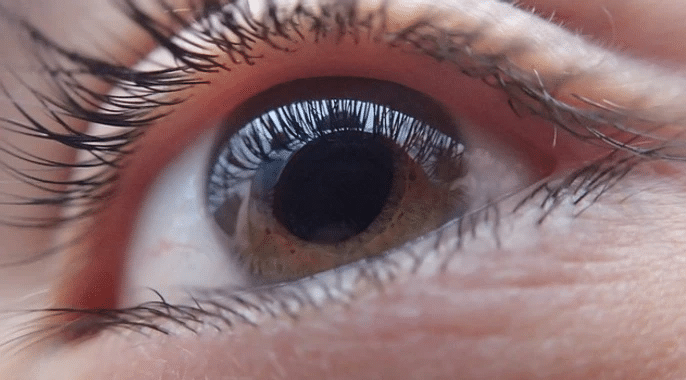Why should I visit an optometrist when I don’t need glasses?

An eye examination is a really important health check, much like visiting the dentist or going for screening examinations with your doctor. Many conditions which can affect the eyes are silent in the early stages, such as Glaucoma, and without visiting an eye care professional, the disease could go unnoticed.
If we get into good habits by having regular eye examinations in a young life, the practitioner can document and reassure you that all is well. Then, if you start to experience symptoms later, your Optometrist already has notes to compare against, making a new diagnosis much easier. If the Optometrist sees early signs of eye diseases such as cataracts or macula degeneration, they are best placed to advise you of preventative measures, such as wearing good quality sunglasses and ceasing smoking.
Ideally, everyone should start having eye examinations in childhood, from age four. However, if you notice anything of concern with a child younger than this, such as an eye turning inward, red eyes, or excessive eye rubbing, then always seek medical advice at the time. You may be surprised to know that vision screening does not take place routinely in schools and even if it does, it is a very quick check where many conditions can be missed. Children often do not realise they have blurred vision and other problems such as lazy eyes can easily go unnoticed.
Taking children for regular eye tests with your Optometrist not only allows reassurance that their vision is normal for their age, enabling them to see the board, concentrate and learn properly at school, it also means lazy eyes and other conditions can be treated (and cured) during the critical window – before the age of eight. When children are used to seeing the Optometrist, they often relax and perform more reliably during eye tests, this means if they start to encounter visual problems, they won’t be anxious when attending in the future. Other assessments such as colour vision testing can also be really helpful in advising youngsters of career hurdles they may encounter.
As we grow, age and start using our eyes in different ways, for example when starting a new job on a computer, visual symptoms can start to arise, causing strain and loss of productivity in the workplace. An Optometrist will ask you questions about your daily vision needs and can advise how to get the best out of your vision. If they find a lack of focus or a small prescription, it may be the case that you would benefit from some exercises or spectacles to help prevent headaches or other symptoms before they occur.
It might turn out that you think you have perfect eyesight but when the Optometrist shows you how clear the world could look in spectacles, you realise what you have been missing out on!
Less than 50% of an eye examination is about vision, prescriptions and spectacles. The majority of time spent with an Optometrist is about checking the health of the eyes. Many health conditions can be first picked up in eye tests, including diabetes, high blood pressure and tumours. As well as this, many general health complaints and their medicines can have secondary effects on the eyes, for example, thyroid problems, arthritis and cancers. All adults should have an eye test at least once every two years and if there is an eye condition in the family such a Glaucoma, you should attend even more frequently than this.
For many people, the eye examination fee is covered on the NHS (children in full-time education, people on financial benefits, adults over 60 etc), and many businesses cover the cost of the examination for their employees. Attending for a routine eye examination, even though you have perfect vision, might just be one of the best healthcare decisions you ever make.
Related articles





